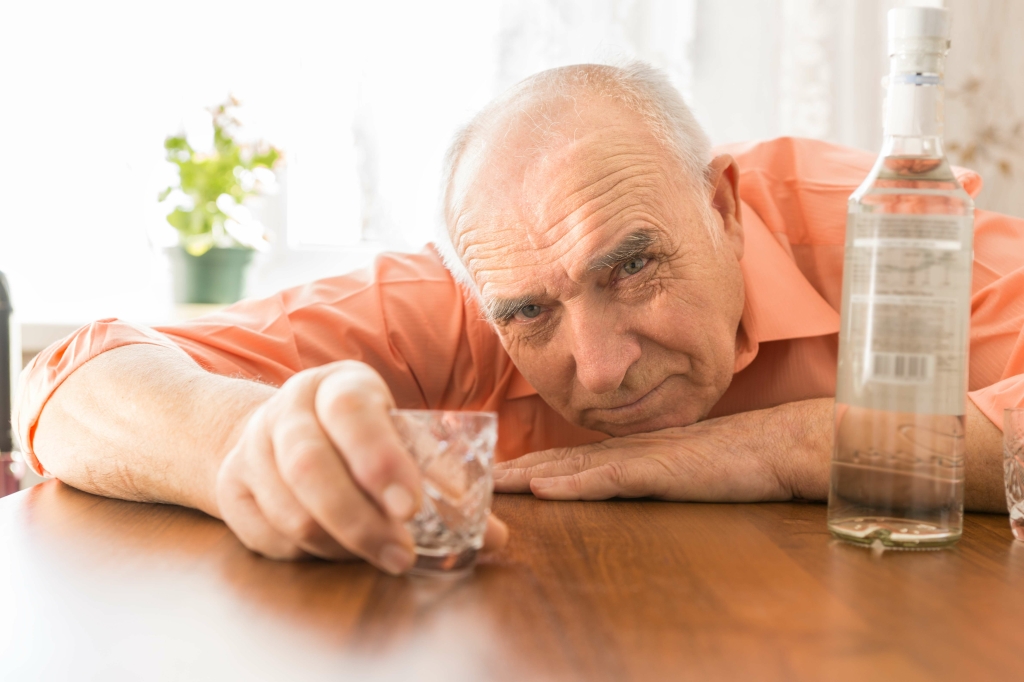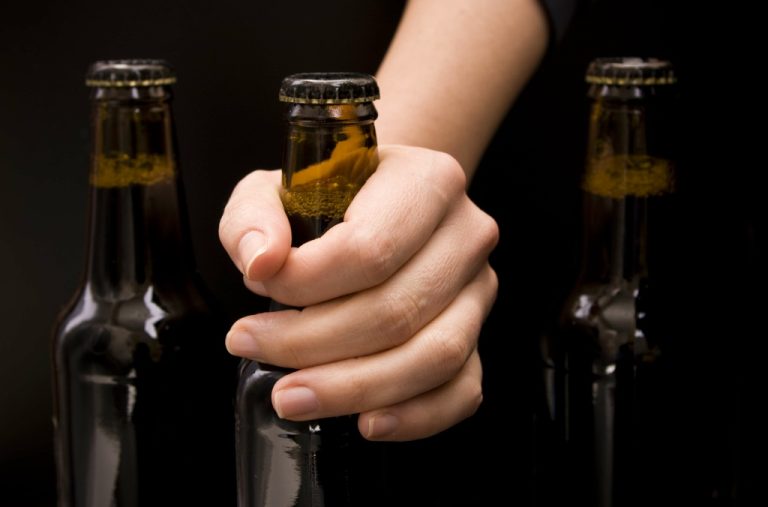Self-medicating with alcohol and other drugs is almost always a response to stress. Worrying about getting alcohol as a coping mechanism sick, worrying about loved ones getting sick, and dealing with all the life changes the virus has created can cause you to turn to an unhealthy coping mechanism, which in turn can lead to an addiction. This short blog discusses signs you’re using alcohol as a coping mechanism, the dangers and long-term effects of alcohol abuse, alternative coping strategies, and the benefits of talking to a professional.
Urge-Specific and Lifestyle Coping Strategies of Alcoholics: Relationships of Specific Strategies to Treatment Outcome
You can work with a specialized therapist to discuss your past and current habits, and identify new tools and routines that support your unique set of goals. Additionally, support groups give you an avenue to engage with others who are confronting similar questions and challenges. You can choose to listen, share, and learn in any capacity you wish and on your own schedule.
2. Limitations and Future Directions
- The findings of this study suggest that females who areworking full-time are more likely to drink to cope with theirnegative emotional experiences than women who work part-timeor are unemployed.
- However, even for a healthy individual, alcohol can exacerbate mental health issues, increase risk-taking behavior, lead to domestic violence, and more.
- The EAP turned to MGH addiction expert, John Kelly to better understand why alcohol is not a good, long-term coping mechanism and how to identify and incorporate healthier alternatives.
- Another possible interpretation of differences with regard tofear is that females often report higher levels of negative feelings thanmales on self-report inventories.
- At Ria, we offer weekly meetings with certified counselors to help members stay on track and build skills for long-term change.
As stated above, it is necessary to observe and recognize anything that triggers you to turn to the bottle. Recognizing triggers that lead to consumption as a coping mechanism is an important step in breaking the cycle of dependence. Potentially eligible participants who were invited for an inperson visit signed an informed drug addiction treatment consent approved by the institution’s review board. Individuals who were ineligible were paid $20 for their time and dismissed from further assessment.
2.1. Drinking Motives
Thus, in convivial, or social, context, femalesare more likely to engage in drinking for coping purposes. Futureresearch could look more closely at this factors that possiblyoperate in combination with each other. The findings also indicate a relationship between social anxietyand all three drinking contexts (i.e., negative coping, convivial,intimate). These three findings can appear to overlap with oneanother with regard to social anxiety, in that both convivial andintimate contexts involve social interactions, and those withsocial anxiety have demonstrated on both motive and contextsscales to utilize alcohol as a coping tool. Drinking in a convivialcontext may also relate to the significant findings that individualsexperiencing social anxiety are motivated by conformity.
Social Anxiety is currently defined as “a marked fear or anxietyabout one or more social situations in which the individual isexposed to possible scrutiny by others” 9. These situations mayinclude social interactions, performing in front of others, and beingobserved. Scottish culture celebrates alcohol as a way to unwind after a hard day at work, drown sorrow in hard times, and as a social lubricant in all sorts of situations.
Long hours in the office or on the job site leave men feeling depleted and exhausted. Financial responsibilities to keep the bills paid so their families have a place to live only add to this. Work-related stress is a significant portion of the pressure and https://www.helium10hub.com/worried-your-teen-is-vaping-how-to-have-a-tough/ stress that men deal with. All authors have read and provided substantial contributions to the final version of the study protocol.
- The standardized regression coefficients for the three factor scores and selected socio-economic, alcohol use, mental health, and psychological characteristics, are presented in Table 4.
- If you believe you’ve developed AUD as a result of using alcohol to cope, you have options.
- The Zones of Regulation was created by Leah Kuypers, MA Ed., OTR/L, an occupational therapist and educator passionate about bridging the gap between brain science and daily life.
- During the inperson assessment, participants completed a psychological assessment battery.
- Further, although the LECI provides a comprehensive assessment of life events and coping strategies of children and adolescents (Dise-Lewis, 1988), it captured a general measure of substance use coping that was not specific to alcohol use.

This is why taking time each day to practice mindfulness or meditation can be a crucial part of our coping skill toolkit. A 2001 study published in the Journal of Personality and Social Psychology found that the most effective coping strategies involve a mix of both. However, since emotional coping strategies act as a multipurpose toolkit we can take with us as we face all kinds of different challenges, it makes sense to explore them in more detail. Over time, the brain adjusts to these regular chemical baths by reducing its own production of dopamine. This lack of pleasure chemical can lead to withdrawal symptoms (such as anxiety, depression, or intense cravings for a drink) while leaving the original problem we were seeking relief from unresolved. We offer traditional treatment approaches including addiction therapy and cognitive behavioral therapy, However, our offerings go beyond traditional treatment to help men rebuild every aspect of their lives.

Death anxiety (Wave .
This could explain why some people feel that their stress goes down when they drink and why they may want to drink again. As your brain becomes accustomed to higher concentrations of alcohol, it begins to depend on it more to function. Even when you’re not drinking, your body might have a lower-than-usual threshold to alcohol. This could mean that it takes less alcohol to experience a stress response compared to someone who never drank or who drank less. The Reframe app equips you with the knowledge and skills you need to not only survive drinking less, but to thrive while you navigate the journey. Our daily research-backed readings teach you the neuroscience of alcohol, and our in-app Toolkit provides the resources and activities you need to navigate each challenge.

The model estimated at Aim 3 was extended to include additional pathways between income loss and reduced working hours and AUDIT-C scores (Fig 4). Respondents’ degree of specific anxiety about the COVID-19 pandemic was assessed using a visual slider scale, ranging from 0 ‘not at all anxious’ on the left-hand side to 100 ‘extremely anxious’ on the right-hand side. Respondents reported the extent to which they increased their purchasing of alcohol in the weeks before the survey on a five-point Likert scale ranging from (1) ‘not at all’ to (5) ‘very considerably’.
